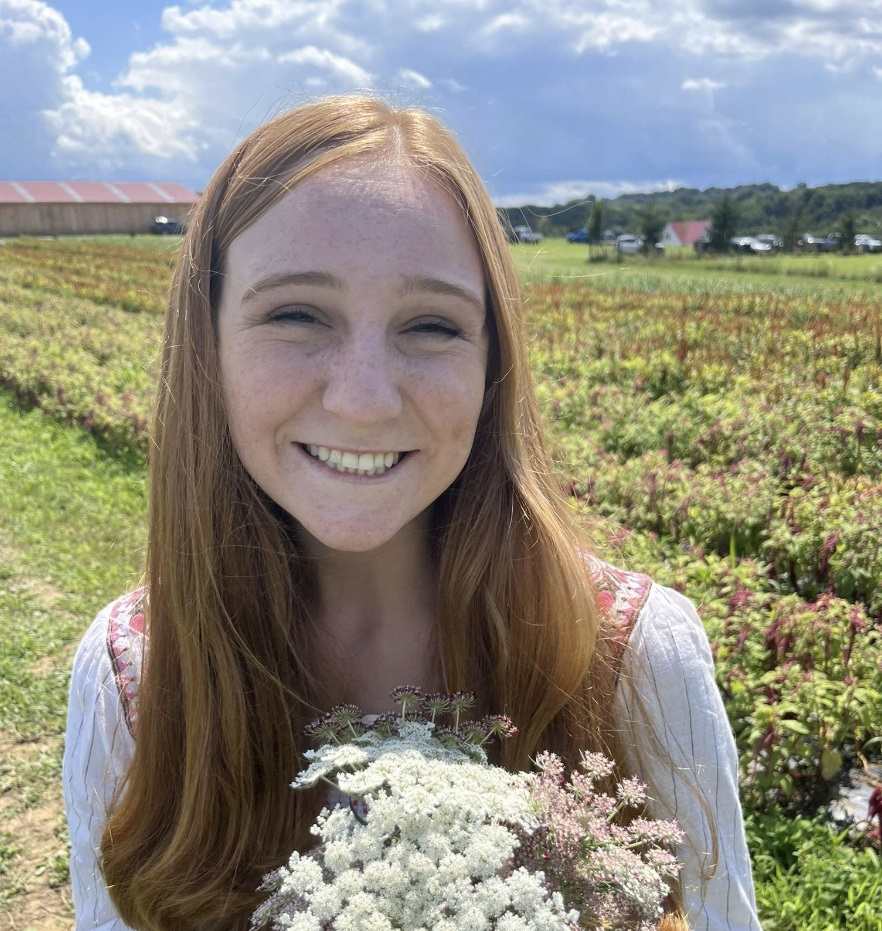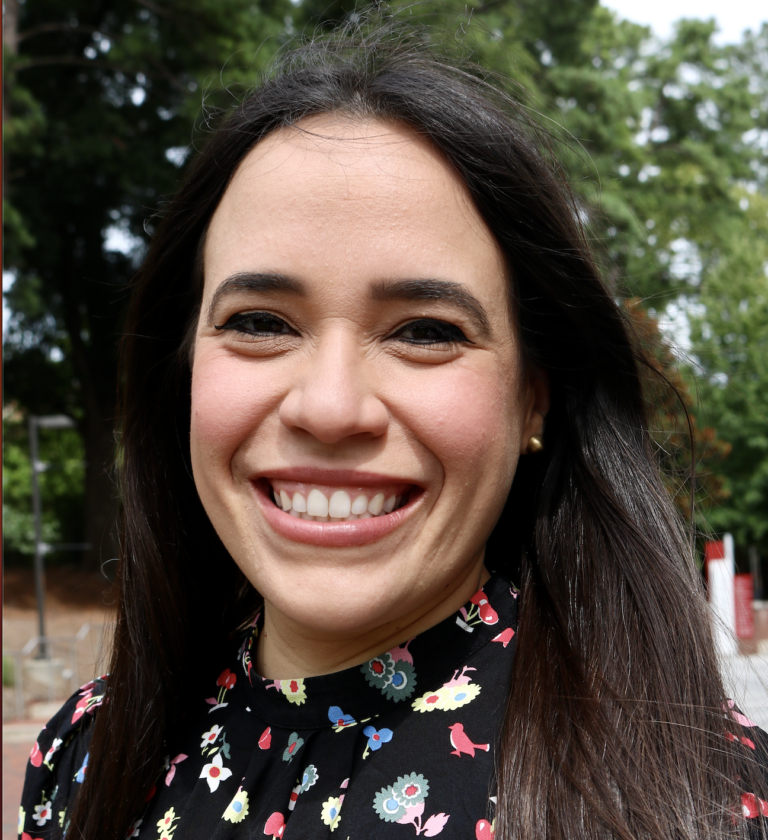Class Project Leads to New Research on Spanish in North Carolina
It started in 2014 as an experiment — one that NC State professor Jim Michnowicz wasn’t sure would work out.
Looking to give students a chance to conduct true scholarly research, Michnowicz presented a unique assignment to undergraduates in his Spanish in the U.S. courses. He asked them to work with him, and with one another, on a large-scale study of Hispanic linguistics.
Each student would contribute their fair share, as part of one overarching project.
“I knew it was something different for a lot of these students, so I had no idea what would come of it,” said Michnowicz, an associate professor of Hispanic Linguistics specializing in Spanish dialectology, sociolinguistics and phonology in the Department of Foreign Languages and Literatures. “It was a new process for all of us.”
Nearly two years later, the project is producing far better results than the professor or his students hoped for: findings stemming from the student research will soon be published in a book on language diversity.
The study, which provides intriguing insights on the evolution of Spanish in North Carolina, also serves as a clear example of the kind of purposeful, community-based research that can be carried out by undergraduates.
For the project, Michnowicz and the students focused on English-origin loanwords — those words sometimes referred to as “Spanglish,” that are borrowed or adapted from English. They wanted to know how accepted loanwords, such as troca (truck) and lonche (lunch), are in the community and what factors influence how much they’re used.
Surveying more than 500 Spanish-speaking North Carolinians, the researchers asked participants whether they say or hear particular loanwords in their communities. They also asked participants to indicate who uses the word, and in what context.
Michnowicz ran statistics on the data from the surveys and had the students break up into teams that analyzed the figures based on a range of factors. They gave poster presentations on their work and received class credit.
Three of those students kept working on the research even after the class ended. Alex Hyler, James Shepherd and Sonya Trawick, who are now pursuing graduate degrees at NC State, worked with Michnowicz to organize, code and make sense of the results.
Loanword Use
Their findings show that Spanish speakers in North Carolina are particular about what loanwords they use. Their acceptance, or use, of loanwords is often tied to the type of word, its use and social factors like age, gender and country of origin.
The largest factor affecting whether respondents used, or accepted, loanwords was the word itself, according to the research findings.
For instance, a majority of respondents (77 percent) said they used the loanword aplicación, meaning job application. While the word aplicación exists in Spanish, it means “an act of putting to use or administering.” The Spanish word for job application is solicitud.
“These are two words that kind of overlap in monolingual Spanish, but when they are used here they totally overlap,” Michnowicz said. “You can really see how these words could enter into the vocabulary of Spanish speakers.”
On the flip side, less than 15 percent of respondents said they used the loanword marqueta, meaning market. Some respondents indicated that marqueta is a common term in other parts of the United States (specifically California), but is not widely used in NC Spanish.
The Spanish speaker’s country of origin played a large role in what loanwords they use, according to the research. Mexican, Central American and, to a lesser extent, Caribbean speakers reported more use.
In addition, older respondents reported less loanword use than younger speakers. At the same time, respondents with lower levels of education reported higher loanword use across age groups. Those with higher levels of education showed a steady increase in use from older to younger.
“Many popular accounts of U.S. Spanish suggest that loanwords are adopted wholesale, and even some academic studies do not distinguish between common and uncommon loanwords,” Michnowicz said. “Our survey results indicate, however, that speakers are particular about the loanwords that they adopt, and the most ‘extreme’ examples – like wáchale for “watch out”- are not always widely used or viewed favorably.”
‘Research that Matters’
The research will appear as a chapter in Language Diversity in the New South (University of North Carolina Press), a new book being edited by NC State linguists Jeffrey Reaser and Walt Wolfram, among others. Michnowicz is the lead author of the chapter, and Hyler, Shepherd and Trawick are all listed as co-authors.
“I had worked with data and statistics before, but I had never seen where they originated,” said Shepherd, who is in the accelerated B.A./M.A. program in Spanish. “Now that I’ve done my own survey research, I can appreciate the process more. Really, this class is what inspired me to go to grad school.”
Hyler agreed. A first-year graduate student in Hispanic linguistics, she said the research project was like an “introduction to grad school.”
“We’re now applying what we learned in that course to research that matters,” Hyler said. “Through connecting with locals in the community, you can see how broadly these loanwords are being used and what the impact is on language in North Carolina.”
Michnowicz and the students presented their research recently at the Spanish Linguistics in the Southeast Conference at the College of Charleston. In April, they’ll head to the 8th International Workshop on Spanish Sociolinguistics in Puerto Rico.
Trawick, who’s also a first year graduate student in Hispanic Linguistics, said she hopes to share with others how large-scale, class-based research can be effective across disciplines.
“This all started with an undergraduate class; it has a very different feel than a typical class project,” Trawick said. “Even if you’re not going into linguistics, you’re learning about the research process.”
The project was based on methodology created by sociolinguist Gerard Van Herk, Michnowicz said. He said Foreign Languages and Literatures Assistant Professor Rebecca Ronquest conducted a similar project with her class around vowel and consonant differences.
- Categories:


